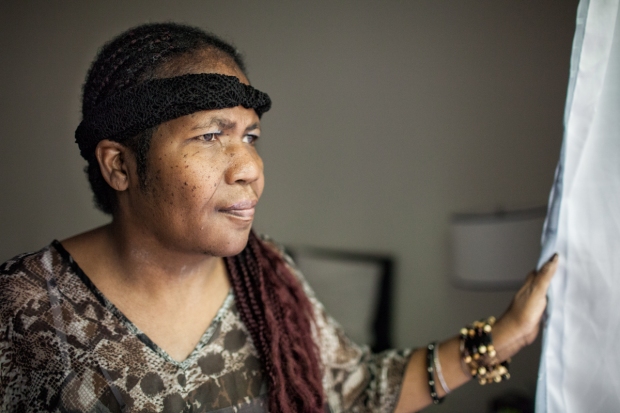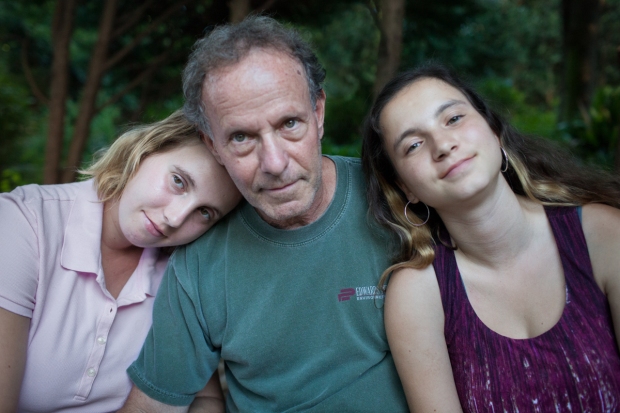Up until one month ago, 52-year-old Rachael was living in a nursing home in Decatur, Georgia. For the first time in her life she is finally living in her own apartment. This is the dream she had envisioned for a long time. Rachael’s ability to transition from the nursing home into the community is a tribute to Rachael’s determination, her cousin’s commitment to do what was in Rachael’s best interest, and the dedication of a paralegal at the Atlanta Legal Aid Society. In working together with the Department of Behavioral Health and Developmental Disabilities, Rachael was able to obtain a Medicaid waiver. The waiver provides support for Rachael in her apartment as well as funding for a day program which she attends during the week.
Stay connected to learn more about Rachael’s story.


